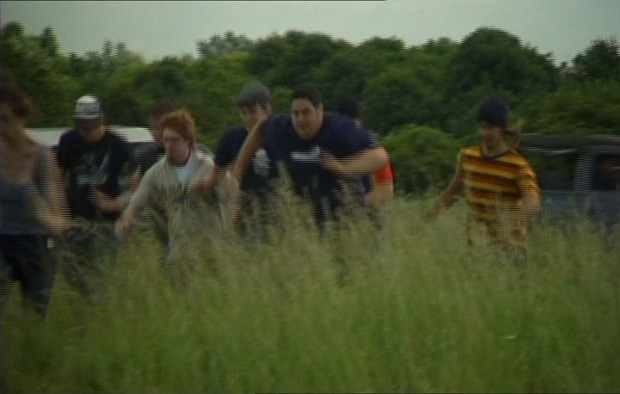Critical Questioning
Critical Questioning
Teachers are trained in asking all the right questions and pupils learn to look for answers, but what about student-generated questions? The key idea is to develop an understanding in the pupil that asking questions is probably more important than answering them.
This is a core strategy in the development of critical thinking skills, and pupils ned to be guided towards the hierarchy of questions they should be asking as they read a text.
Questions generally fall into one of three categories - literal, inferential or evaluative – and we need to ensure that their questioning develops beyond the remembering (literal) stage to understanding, analysing (inferential) and evaluating.

One simple but effective way of developing these critical skills is to use the ‘Tell Me’ grid analysis exercise during the viewing of a moving image text. This allows pupils to focus on specific aspects of the text and record the questions which naturally occur to them as they watch.
Some typical questions
- How many characters are there in this story? (Literal)
- Where and when do you think the story is set? (Inferential)
- Why does [character] act in this way at this particular time? (Inferential)
- What do you think is going through (character’s) mind here? (Inferential)
- How well do you think the filmmaker has generated the feeling of happiness here? (Evaluative)
Critical questions
One of the joys of studying film is that there are many possible interpretations of what you see and hear. Any idea can have value - as long as it can be justified with evidence! These critical questions will help encourage pupils to use evidence, expand on their thoughts and develop alternative ideas. Encourage their use as much as possible.
- What do you think?
- Why do you think that?
- Do you have a reason?
- Can you say more about that?
- Is there another way?
- How can you be sure?